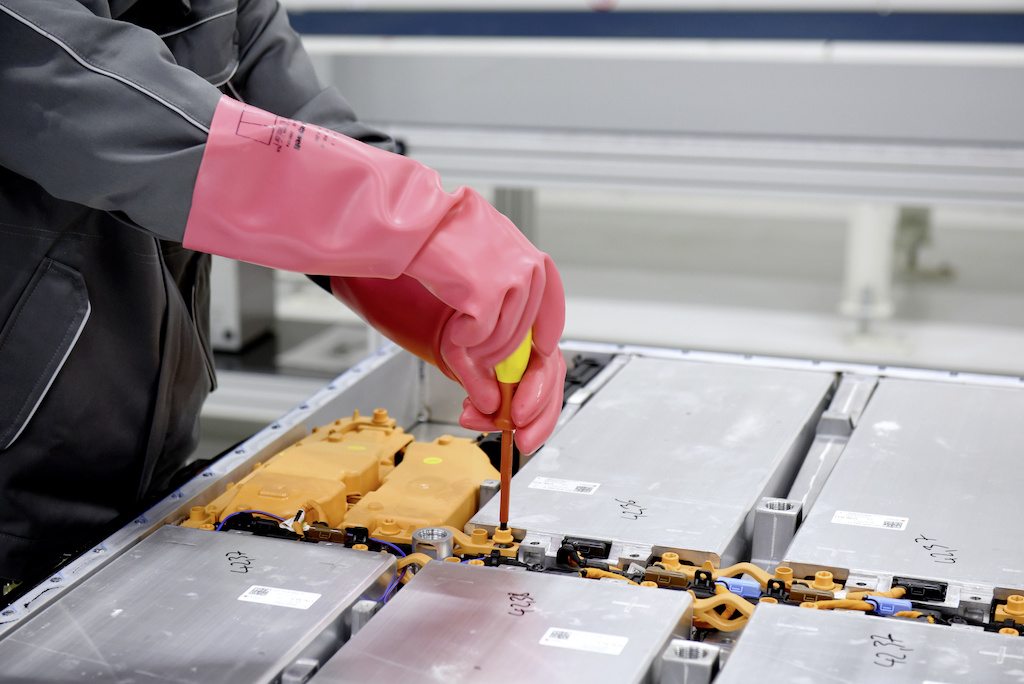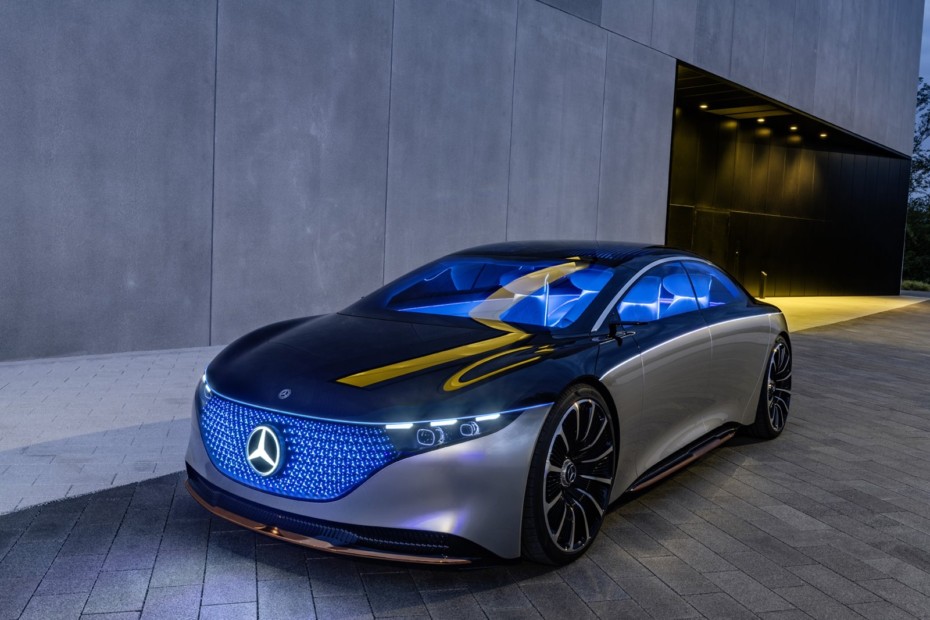Ensuring a stable supply of batteries is one of the cornerstones of any electric car project. In addition to this, it is also essential that the batteries are of quality and give good results. It seems that Mercedes is not achieving either of the two things, which is indicated by the information published by the German press where they classify the Germans’ strategy in their search to manufacture their batteries as a catastrophe.
As we recall, last year, Mercedes-Benz announced the acquisition of a stake in the Chinese battery manufacturer Farasis Energy. A movement that sought to diversify the sources of supply of cells and batteries for its next electric cars and now seems to have become a new headache for those in Stuttgart.
The influential daily Manager Magazin indicates this that details several of the unforeseen events that are shaking this critical investment.
On the one hand, the question of the factory that Farasis wants to build in Germany is closer to the production centers of Mercedes itself. A project that has run into bureaucratic problems and has resulted in the Chinese still not having the necessary permits for their plant located in Bitterfeld-Wolfen, in the state of Saxony-Anhalt, at this point. An installation that should employ 2,000 workers and that according to the signed agreement will take care of 50% of the batteries that Mercedes will need in Europe.

Delays that will inevitably mean an extension of the start-up deadlines which could affect the electrification plans of a Mercedes that already last year had to temporarily stop some of its plug-in hybrid production lines due to the lack of batteries.
But the worst thing, without a doubt, is that the first tests carried out with the cells of Farasis seem to have been an absolute failure. Batteries could take more time to improve their capacities, which clashes with the regular test periods that manufacturers usually do that need at least three years before giving the green light to mass production.
A situation that for some German media could mean the failure of the collaboration between Mercedes and Farasis, which will seriously endanger the electric car program of the Germans that are in full expansion of their range. Meaning that after the EQC and the EQV, we should see the arrival of the recently introduced EQA, to be followed by the EQS and the EQB compact SUV.
At the moment, it seems that the models closest in time are not in danger. At the same time, the rest will depend on whether they manage to solve their problems, before which they even have the possibility of closing emergency agreements with manufacturers such as CATL, which is in the process of building a large battery factory in Germany, and that could be a lifeline for Mercedes’ electrical project.
An example indicates that own battery production can be a good idea, but it also has its risks. And it is that reason why Mercedes itself has had to close its initiative to assemble packs with Li-Tec in 2015 due to the high costs resulting from a minimal production unable to access a minimum economy of scale.

